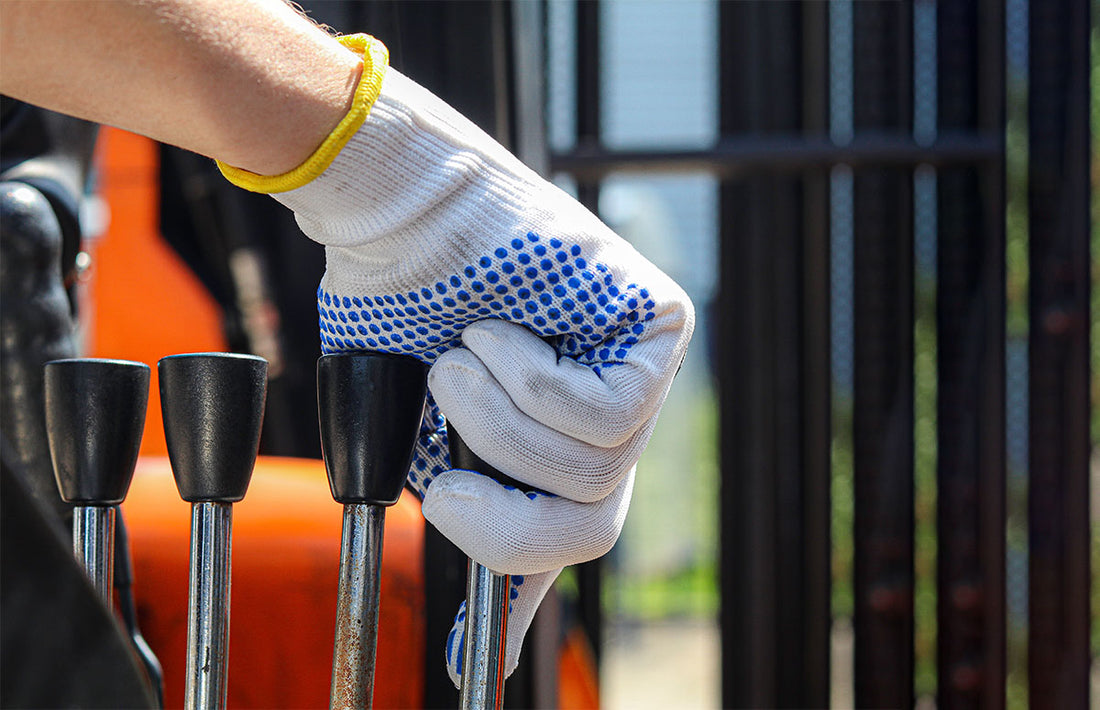
How to Evaluate Durability and Grip in Industrial Gloves for Enhanced Performance
Are you tired of using industrial gloves that quickly wear out and fail to provide a reliable grip? Do you constantly search for a solution that offers enhanced durability and exceptional grip performance? If that’s the case, then this guide is definitely worth reading!
Whether you’re in construction, manufacturing, or any other field that involves hands-on work, the quality and reliability of your gloves are vital for your well-being and efficiency. In this article, we’ll dive into the important aspects to consider when assessing the durability and grip of industrial gloves, so you can make an informed decision before buying safety gloves Canada.
Understanding Durability in Industrial Gloves
When it comes to industrial gloves, durability, and grip are two critical aspects that can significantly impact the wearer’s comfort, safety, and overall performance. Durability refers to the ability of gloves to withstand wear and tear, including exposure to harsh environments, chemicals, and repeated use.
Factors that contribute to durability
However, Durability in industrial gloves depends on several factors, including the choice of materials, manufacturing techniques, and design elements. High-quality materials such as nitrile, latex, or neoprene can offer excellent durability, resistance to punctures, abrasion, and chemicals. Additionally, reinforced stitching, double-layered palms, and impact-resistant padding are commonly employed to enhance durability.
Material selection and construction techniques
When it comes to glove durability, it is crucial to have a comprehensive Understanding the Pros and Cons of Different Materials in Safety Gloves. For example, gloves made from nitrile are highly resistant to chemicals, making them ideal for chemical handling tasks. Construction techniques, such as seamless designs, can minimize weak points and enhance overall glove durability.
Testing standards and certifications
Reputable glove manufacturers subject their products to rigorous testing to ensure compliance with industry standards. Moreover, Certifications such as EN388 or ANSI/ISEA 105 provide further assurance of glove durability.
Evaluating Grip in Industrial Gloves
On the other hand, the grip is the glove’s capability to provide secure handling and control of tools or objects, preventing accidents and enhancing efficiency.
Importance of grip in different industries
The importance of grip varies across industries. In the construction or oil and gas sectors, a strong grip is crucial for handling tools and maintaining balance on slippery surfaces. In healthcare or laboratories, a secure grip helps prevent accidental spills or contamination. Understanding the specific grip requirements of your industry will help you make informed choices when selecting industrial gloves for sale Canada.
Factors affecting grip performance
Various factors, including glove material, texture, and the presence of specialized coatings, can influence grip performance. Moreover, rough textures or micro-roughened surfaces can enhance friction and improve grip. Additionally, Some gloves feature specialized coatings like polyurethane or nitrile foam, which provide an even better grip in wet or oily conditions.
Testing methods for evaluating grip
Glove manufacturers employ different testing methods to evaluate grip performance. These methods may include measuring the static or dynamic coefficient of friction, analyzing grip strength, or simulating real-life tasks using robotic testing devices. Look for gloves that have been tested for grip performance using reliable methods.
Choosing the Right Industrial Gloves for Enhanced Performance
The Importance of Choosing the Right Safety Gloves for industry working cannot be overstated. Here are several crucial aspects to remember:
Assessing durability requirements based on work environment:
Consider the specific challenges and hazards present in your work environment. If you work in a heavy-duty industry where gloves are exposed to sharp objects or chemicals, prioritize gloves with high durability and resistance to punctures. For less demanding tasks, gloves with medium durability may suffice.
Identifying grip requirements for specific tasks
Analyze the tasks you perform regularly and determine the grip requirements. Are you handling wet or oily objects? Do you need gloves with precision grip for delicate tasks? Identifying these requirements will help you narrow down your options and select gloves tailored to your needs.
Considering additional features and functionalities
Depending on your work environment, you may require gloves with additional features such as heat resistance, cut resistance, or impact protection. Assess the specific risks and seek gloves that provide comprehensive protection without compromising on durability or grip.
Conclusion
To conclude, actively select gloves with sturdy construction and reliable grip to enhance safety and productivity. We hope this information empowers you to select the most suitable gloves for your industrial needs, ultimately leading to improved efficiency and success.







